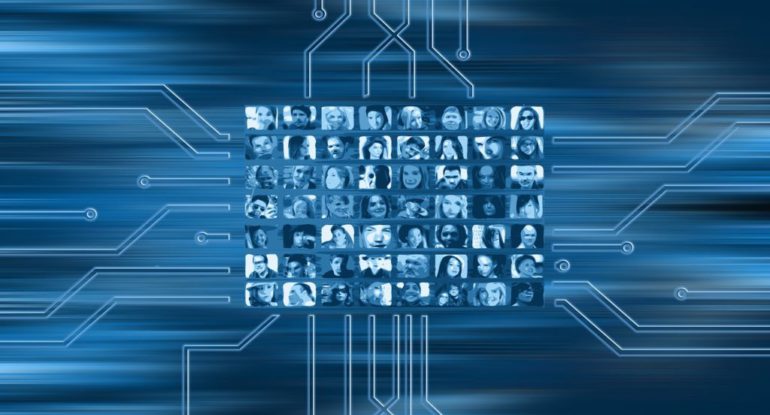Nascent Technology Can Transform Our Financial Society

A progressive society always aims for the overall development of every stratum. Social upliftment of the underprivileged is not the responsibility of our governments only, but also the moral responsibility of every other person living in it.
Technology plays a vital role in providing equal opportunities to the deprived section. The blockchain is a technology that can bring brainstorming changes to our distribution of resources between citizens of the globe. While the blockchain brings a lot of controversies with its implementation, the truth is that it can be a messiah for ensuring equal rights for every citizen.
Blockchain to serve the underserved
Formal banking can be expensive, and the system has certain loopholes. Thus it denies the indigent section from securing the benefits of such a financial system.
Fintech companies have come up with ways to improve our financial system and redefine how businesses and individuals have been making payments. The refined system is more transparent, authentic, and trust-less (i.e. free from the intervention of a trusted third party, which is a major loophole of the present system).
Also, read – The Most Important Characteristics of Blockchain Technology
The case study of blockchain usage in the Philippines
A fintech startup Coins.ph has transformed the way transactions were made in the Philippines. Coins.ph operate outside the Philippines, where transferring money electronically is popular but expensive. Coin.ph is using blockchain technology to transform this radical system that doesn’t benefit the poor.
The company has come up with a mobile app that enables quicker, cheaper, and more direct funds transfer for those with limited access to formal banking services. The users can easily register and make accounts on the platform, by inputting their mobile numbers and further verifying their identity, digitally. The fund transfer is immediate and the transaction fee is a fraction of what the banks charge for their services.
The system is a major advocate of equal participation of the most vulnerable populations in the financial system and also provides increased disposable income and better resilience to economic shocks.
World witnessing such transformation
Similar models are running successfully in other parts of the world like BitPesa in Kenya, Bitso in Mexico, and Unocoin in India.
These systems mark the beginning of a new financial era, one with wider participation of the penurious population, thus ensuring the true development of society. The platform lives up to the thought of Robert Ingersoll, “We rise by uplifting others.”
Add a comment
You must be logged in to post a comment.




























































